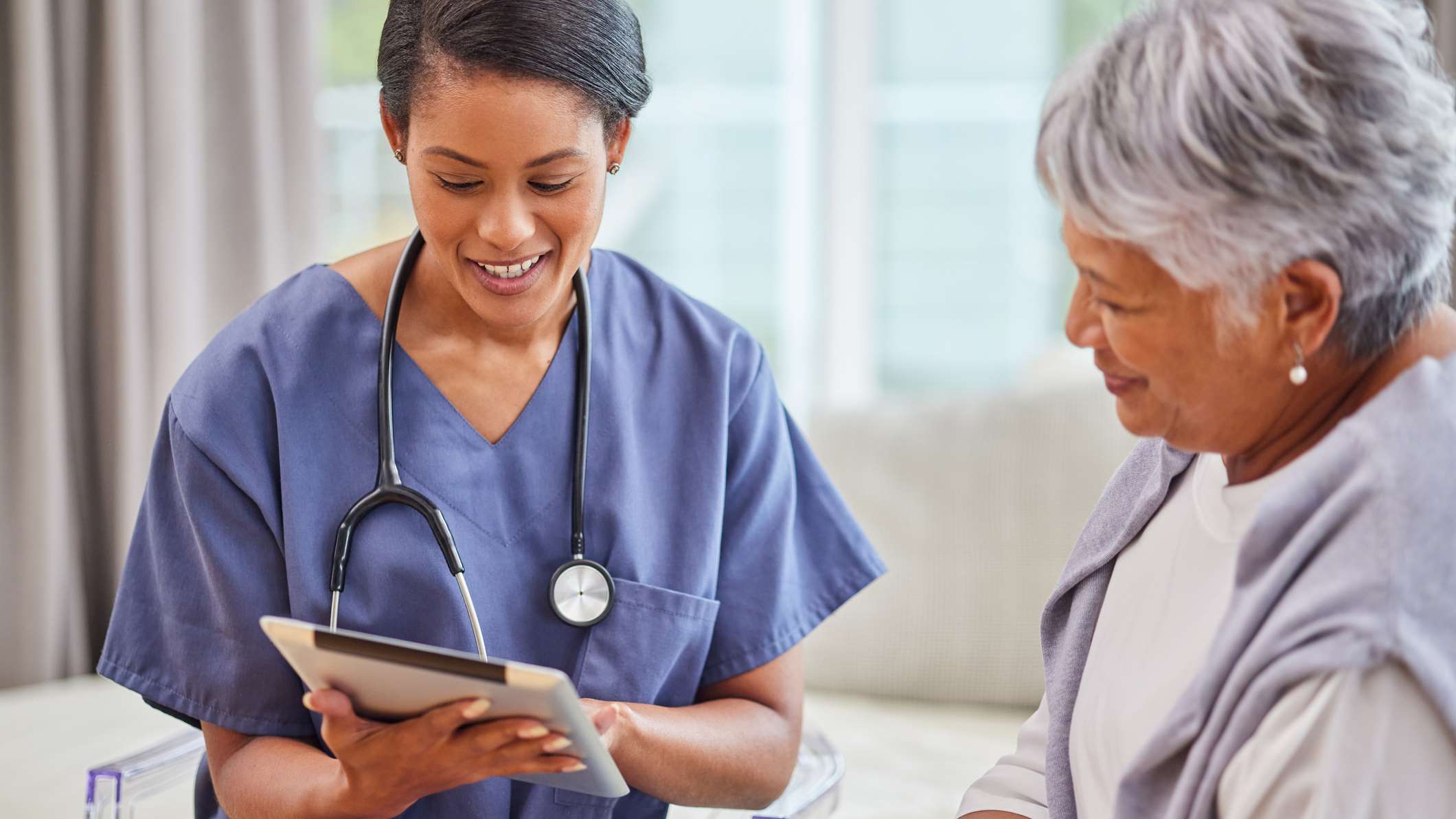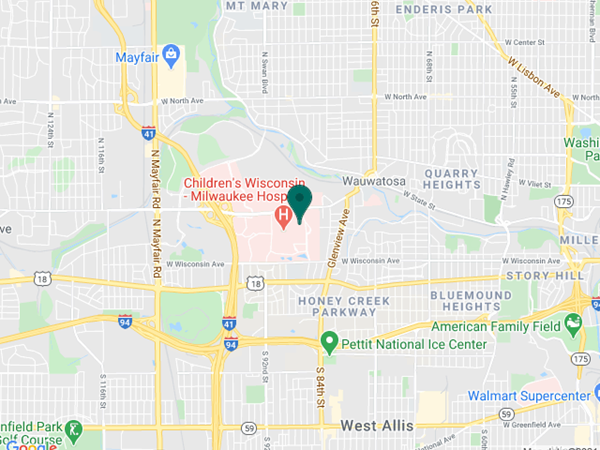Clinical and Translational Science Institute of Southeastern Wisconsin
The CTSI is an innovative infrastructure to support and advance education, collaboration, and research in clinical and translational science.
Advancing health through research and discovery.
CTSI News and Events
View our featured news stories and information about upcoming events.

Registration is Now Open for the Research Consenting Workshop
Join us on February 3, 2026 from 8:00 a.m. - 12:00 p.m. for the Research Consenting Workshop. This workshop focuses on the process of obtaining valid informed consent and explores relevant regulations and guidelines.

ENACT Grand Rounds: Artificial Intelligence and Clinical Transformation
Registration is now open for the ENACT Grand Rounds presentation “Artificial Intelligence and Clinical Transformation: Accelerating Research, Learning, and Practice” scheduled for Monday, December 1st.

Explore Upcoming PCORI Funding Opportunities
The Patient-Centered Outcomes Research Institute is offering funding opportunities for high-quality patient-centered comparative clinical effectiveness research and related projects.

Registration Now Open for Methods in Grant Preparation Seminar Series
Methods in Grant Preparation is a virtual seminar series that helps participants identify funding opportunities, write a successful NIH grant and understand the NIH review process.

Update to A-TRU as an Ancillary Review within eBridge
Changes have been made to the eBridge system. To utilize A-TRU services for a new study, please visit CTSI website via the A-TRU page and select “Request Services” to complete the service request form.

Submit a Poster Proposal for ACTS Translational Science 2026
Join us in Milwaukee, WI, from April 20–23, 2026. Submit your proposals for posters and help shape the future of translational science.

Join us for the 2nd Annual SEAWINDS Research Symposium
The Southeast Wisconsin Data Science (SEAWINDS) Collaborative invites you to join us for the 2nd annual SEAWINDS Research Symposium with the theme of “Artificial Intelligence Enabling Translational Science”.

Building Bridges Event: Collaborative Health Science Partnerships
Join us on July 29th from 10:00 a.m. - 3:30 p.m. for an event welcoming early-career trainees and professionals in basic science and clinical care to explore opportunities for meaningful collaboration.

Call for Nominees for CTSI Dean's Award 2025
The Dean’s Award in Clinical & Translational Research was created to recognize MCW faculty and staff who have made a significant contribution to advancing translational science and research.

Join us for a Parenting Health Forum on July 19th
The Clinical and Translational Science Institute of Southeast Wisconsin, in partnership with Vroom, is hosting a health forum for parents on Saturday, July 19, 2025, from 11:00 AM to 1:00 PM.

Masters or Certificate Program in Clinical and Translational Science Town Hall
Join Us for the Masters and Certificate in Clinical and Translational Science Program Town Hall on June 17th from 12:00 - 1:00 pm via Zoom to learn more about the program!

Enact Grand Rounds, a Monthly Seminar Starting March 2025
The ENACT Grand Rounds is a monthly seminar series hosted by the ENACT Network, a collaborative initiative within the CTSA program that empowers researchers to leverage real-world data and generate real-world evidence.

Apply now for the Master's and Certificate in Clinical and Translational Science Programs
The CTSI is accepting applications for our Master’s and Certificate Programs in Clinical and Translational Science. Both programs will begin in Fall 2025.

In PRIM-ER Trail, Palliative Care Training in ER Departments Did Not Reduce Hospital Admissions
An evidence-based training program to improve the capacity of emergency department care teams to communicate with seriously ill older patients about palliative care did not lead to lower rates of hospital admission, according to the results of the PRIM-ER trial.

CTSI Discovery Radio Receives National Award of Distinction
CTSI Discovery Radio, the monthly radio show and podcast of the Clinical & Translational Science Institute of Southeast Wisconsin (CTSI) has been recognized another national awards program.

Inaugural Southeast Wisconsin Data Science Research Symposium
The inaugural SEAWINDS Research Symposium brought together faculty, trainees and community organizations from the region to share their knowledge, research and ideas.
Tune in to CTSI Discovery Radio Episode 141 - The Progression & Transformation of AI in Medical Research & Healthcare
Engage with Us
Research Support
Access services, tools and resources to advance health through research and discovery

Research Support Services
Utilize services to assist in navigating the complexities of the research process.
View our services
Clinical Trial Support
Access comprehensive research support services for clinical trials.
Access support
Community Members
Take an active role in improving your health and the health of your community

Get Involved In Research
Improve your health and the health of your community by participating in research.
View opportunities
Attend a CTSI Science Cafe
Join us for a free meal and engage in a discussion about health topics that matter to you!
Register for an upcoming program
View All Community Offerings
The CTSI Community Engagement Program aims to improve overall community health.
View all programsEducation
Training opportunities to prepare you to serve on multidisciplinary research teams.

Clinical Research Scholars Program
The mission of the Clinical and Translational Science Institute’s Clinical Research Scholars Program is to provide didactic training and individual mentoring in career development and clinical research to junior faculty who are committed to pursuing careers in clinical research.
Submit your application by April 30th
Master's and Certificate in Clinical and Translational Science Programs
The CTSI is accepting applications both programs which will begin in Fall 2025.
Learn More about the programs
View All CTSI Education Programs
CTSI offers training to prepare individuals for effective roles on multidisciplinary research team.
View all programsOur Partners

Contact Us
Clinical and Translational Science Institute of Southeast Wisconsin
Medical College of Wisconsin
8701 Watertown Plank Rd., Suite M1350
Milwaukee, WI 53226
(414) 955-8200
(414) 955-0050 (fax)




